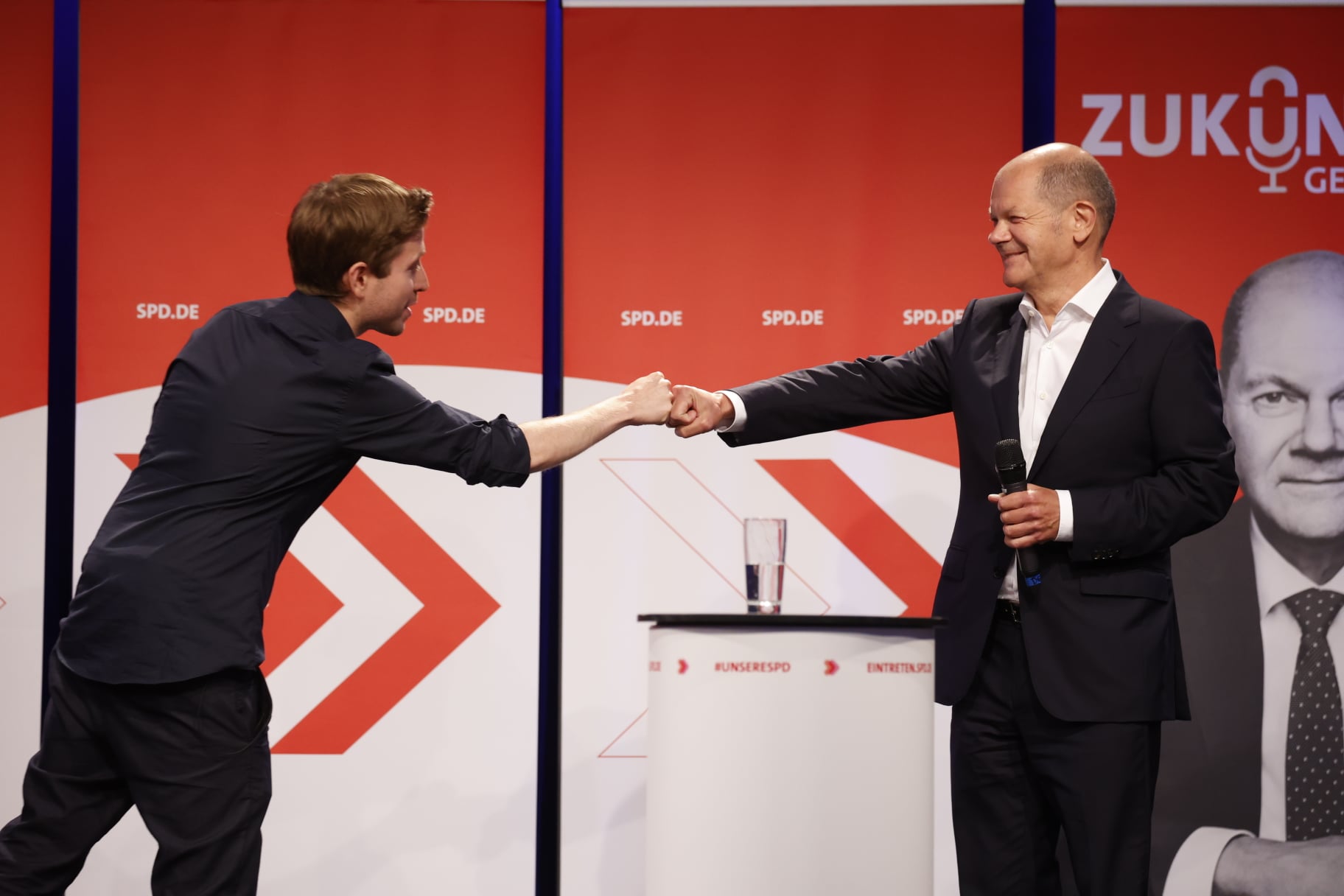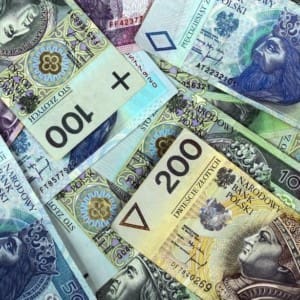As soon as German Social Democrat (SPD) candidate for chancellor, Olaf Scholz, finished his pre-election speech in Cologne, a smiling man about 50 years of age came to him as people around were applauding the SPD candidate. The man wore a cap and T-shirt in the red color of the German Social Democracy (SPD).
“Cheers, chancellor,” the supporter said, handing Scholz a gift set with a few bottles of Kölsch, the local beer, and tall, slender two-deciliter “stange” glasses.
The 32-year-old Kevin Kühnert, who was standing next to Scholz, reacted with a thumbs-up.
“Not yet,” Scholz corrected his supporter, and with people enthusiastically shouting his name, he raised the gift above his head.
All of this took place in North Rhine-Westphalia, a federal state ruled by Armin Laschet, an unfortunate man whom the conservative CDU/CSU chose to succeed the departing Chancellor Angela Merkel.
At the rally, everyone smiled as Scholz stood side by side with Kühnert, but in reality, these irreconcilable rivals currently fight for control of the party. Two years ago, Kühnert organized the SPD takeover by the hard left, almost ruining Scholz’s career.
When Scholz ran for the post of chairman, Kühnert mobilized a youth branch, which he headed, to defeat him. When this happened, Kühnert handed over the leadership of the party to Norbert Walter-Borjans and Saskia Esken.
Kühnert, now the party’s vice-chairman, holds the real power in the party. He is also a completely different political animal than Scholz. He called for leading German companies such as BMW to be confiscated from owners and “collectivized” and said there should be “no place” for private owners in Germany. Kühnert has also said that nobody should own more than one house or apartment.
Now, Scholz’s run for chancellor partly plays into the hands of Kühnert and his allies. When they realized that their brand of hard-line left-wing socialism remained unpopular with voters and could not win the election, they called Scholz to give the party a softer appearance.
At the same time, Kühnert’s wing does not hide in the slightest that, in case of a successful election victory, it will do everything in its power to create the 2RG coalition, or rot-rot-grün (twice red and green) government with the Greens and the Left Party (Die Linke). The latter group emerged in 2007 and, among other things, wants to abolish NATO and transform it into a collective security alliance while also accepting all migrants without the slightest resistance.
Scholz cannot rule out a coalition with the Left Party because he does not have enough influence in the party. If the post-election reality brings a majority for the 2RG, many Social Democrats will be pleased. They will be happy to point out how much the programs of all three parties intersect, especially in economic and domestic areas. They agree on raising taxes for the wealthy, capping rents, nationalization, climate protection through bans, and raising gasoline prices.
In the case of the SPD, the party congress and the new, probably up to 200-member parliamentary faction in the Bundestag would have to approve of the left-wing trio. However, Esken and Kühnert organized the turn to the left in the most professional way and put their allies on the most promising positions on the candidate lists.
“Scholz can only vote against the new majority,” predicts the Focus weekly.
Others, on the other hand, believe that Scholz does not dismiss the coalition with the Left Party for strategic reasons, as it could be a useful bargaining chip for talks with the liberal Free Democratic Party (FDP) about a “traffic light” coalition that would include the SPD and the Greens.
Title image: Kevin Kühnert on the stage with Olaf Scholz (Kevin Kühnert/Facebook)





